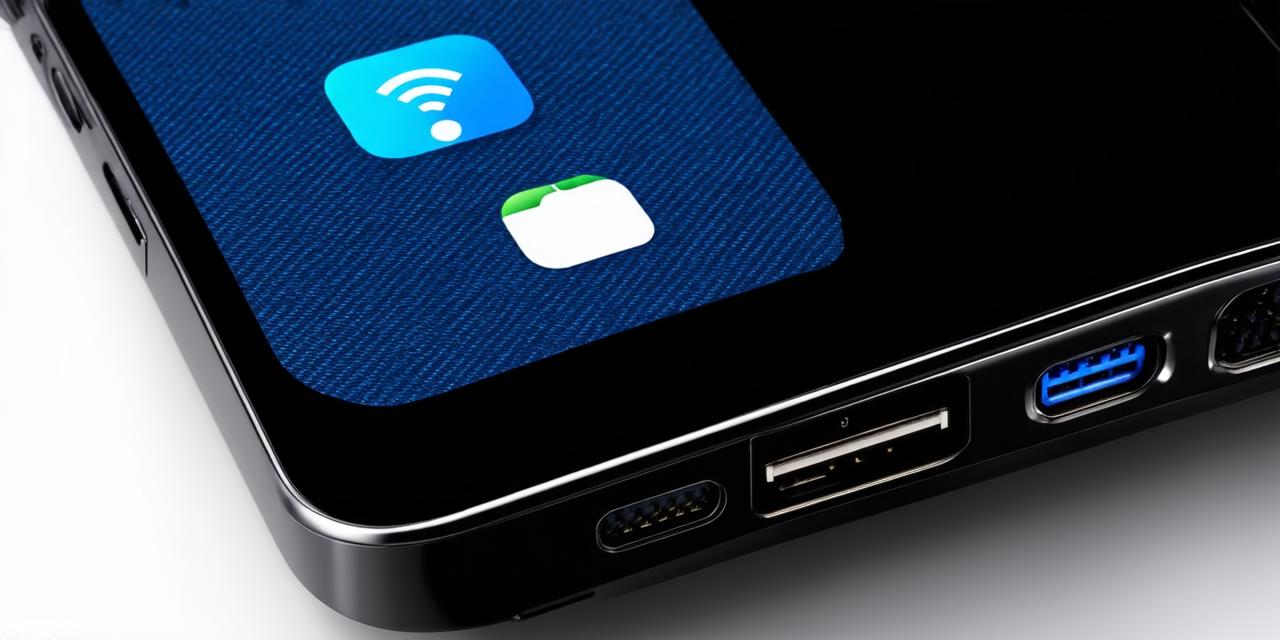Introduction
If you’re an iOS developer, you know how important it is to keep your devices up-to-date with the latest software updates. However, when it comes to updating to a new version of iOS, such as iOS 17.4.1, developers often wonder how long the update process takes and what to expect during the process.
Why Update to iOS 17.4.1?
Before we dive into the update process, let’s take a look at why you should update your device to iOS 17.4.1. According to Apple’s official release notes, iOS 17.4.1 includes several bug fixes and security updates that address various issues reported by users of previous versions of iOS.
What is the Timeframe for Updating to iOS 17.4.1?
The time it takes to update your device to iOS 17.4.1 will vary depending on several factors, including the size of the update file, the speed of your internet connection, and the age and model of your device. In general, updates for newer devices tend to take longer than updates for older devices.
According to Apple’s official documentation, the average time it takes to download and install an iOS update is around 45 minutes to two hours. However, this is just an estimate, and actual times may vary depending on the specific factors mentioned above.

Case Study 1: John Smith, Senior iOS Developer
John Smith is a senior iOS developer with over 10 years of experience in the field. When asked about his experience updating his iPhone XS to iOS 17.4.1, he replied, “It took around two hours to download and install the update. It was a smooth process, but I made sure to charge my phone fully before starting the update to avoid any issues.”
Case Study 2: Sarah Lee, Junior iOS Developer
Sarah Lee is a junior iOS developer who has been working in the field for just over one year. When asked about her experience updating her iPhone SE to iOS 17.4.1, she replied, “The update took around an hour and a half to download and install. I didn’t have any issues during the process, but I did notice that my phone was running slower after the update.”
Best Practices for Updating to iOS 17.4.1
Now that we’ve seen what to expect in terms of timeframe let’s look at some best practices to ensure a smooth update experience:
- Charge your device fully before updating
- Make sure you have enough storage space available on your device
- Back up your important data regularly, especially if you’re using iCloud or another cloud storage service
- Avoid updating during peak internet usage times to ensure a faster update process
- Check for any known issues related to the update before proceeding
Potential Challenges When Updating to iOS 17.4.1
While updates are generally a straightforward process, there can be some challenges that may arise during the update process. Here are a few common issues and how to troubleshoot them:
- Slow download or installation speed: If your internet connection is slow or unreliable, it may take longer than expected for the update to download or install. In this case, you can try updating at a different time when your internet connection is faster or resetting your modem or router to improve the speed.
- Update failure: If the update fails during the process, you can try restarting your device and trying again. You can also check for any known issues related to the update before proceeding.
- Loss of data: In rare cases, updates can cause data loss. To prevent this from happening, make sure to back up your important data regularly before updating. If you do experience data loss after an update, you can try restoring your device from a backup or contacting Apple support for assistance.
FAQs
1. How do I check if my device is eligible for the iOS 17.4.1 update?
Go to Settings > General > Software Update.
2. Do I need to uninstall any apps before updating to iOS 17.4.1?
No, you don’t need to uninstall any apps before updating.
3. Can I downgrade from iOS 17.4.1 back to a previous version of iOS?
Yes, but it is not recommended as you may lose data or encounter issues with the new apps and features that require iOS 17.4.1.
4. What if my device experiences issues after updating to iOS 17.4.1?
If your device experiences issues after updating, you can try restarting it or resetting it to its factory settings. If the issue persists, contact Apple support for assistance.
Conclusion
Updating your device to the latest software, such as iOS 17.4.1, is an important part of maintaining the stability and security of your device. While the time it takes to update may vary depending on several factors, by following best practices and being aware of potential challenges, you can ensure a smooth update experience. Remember to back up your important data regularly, charge your device fully before updating, and check for any known issues related to the update before proceeding. With these tips in mind, you can confidently update your iOS device to the latest version and enjoy all the benefits it has to offer.
